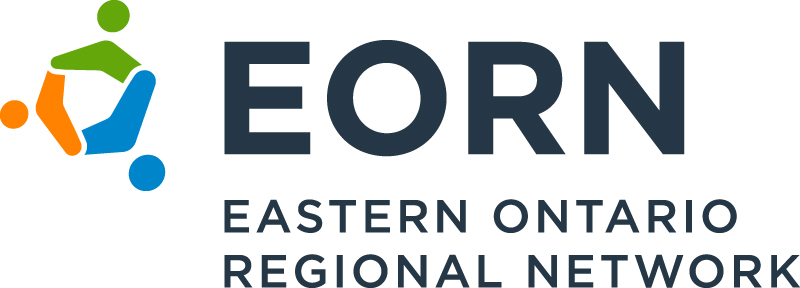
EORN Seeks Members for Board of Directors
(September 7, 2021) - The Eastern Ontario Regional Network (EORN) is currently seeking applications from the public to serve on their Board of Directors. Eastern Ontario residents who want to contribute to the economic and technological advancement of the region are encouraged to apply.
Qualified candidates with public or private sector expertise in finance, law, and/or technology are being sought to fill one (1) immediate short-term vacancy with an option to renew for a two-year term in January 2023 This is a volunteer position requiring attendance at monthly board meetings and various other events and activities.
Interested individuals should visit the EORN website, www.eorn.ca for further information regarding submission of interest. A job description is available on the website. To apply for this position, please forward resume and cover letter to:
David Fell, CEO, EORN
County of Peterborough County
Court House 470 Water Street
Peterborough, ON
K9H 3M3
Email: This email address is being protected from spambots. You need JavaScript enabled to view it.
Applications will be accepted until 4:00 p.m. on Thursday September 30, 2021
EORN is a non-profit organization, created by the Eastern Ontario Wardens’ Caucus (EOWC), which is comprised of the 13 upper and single tier municipalities in eastern Ontario. EORN also works closely with the separated municipalities and Indigenous communities within the region. EORN has created a 10-year Digital Strategy to build on its success and to ensure that the broadband and cellular networks fulfil their potential to deliver economic growth and improved quality of life to Eastern Ontario communities.
EORN is currently working on a $300 million project, funded by public and private sector partners, to improve and expand cellular services across the region. The project began in the spring of 2021.
From 2010 to 2014, EORN helped to improve broadband access to nearly 90 per cent of eastern Ontario through a $175 million public-private partnership. The network was funded by federal, provincial, and municipal governments and private sector service providers. As a result, it has also spurred more than $100 million in additional private sector investment in the region, over and above their initial commitments.
